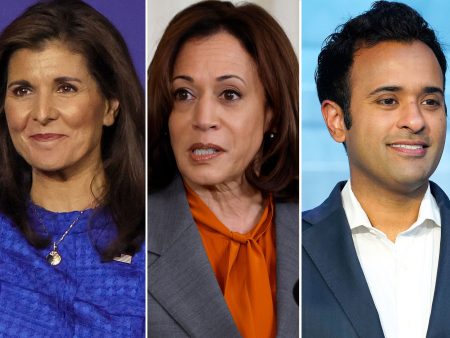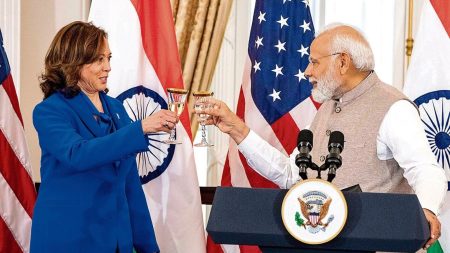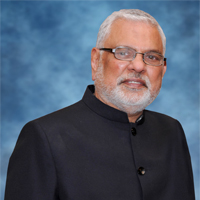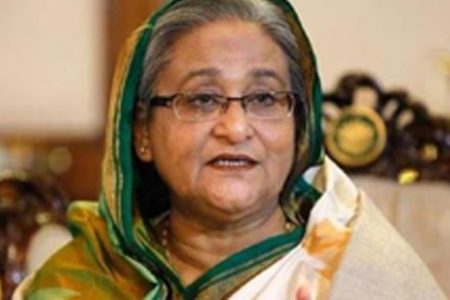As India embarks on another monumental electoral journey, the air is thick with anticipation and speculation. With Prime Minister Narendra Modi at the helm, the Bharatiya Janata Party (BJP) appears poised for another victory, a testament to Modi’s enduring popularity and the vision he embodies. Contrastingly, the Congress party and other opposition factions seem to be grappling with a lack of coherent strategy and vision for the nation’s future, leaving them at a distinct disadvantage in the electoral arena.
Since assuming office in 2014, Modi’s leadership has been characterized by bold reforms and a strong emphasis on nationalistic policies. His government’s approach has been to catalyze change by introducing sweeping reforms aimed at improving infrastructure, digital governance, and economic stability. Initiatives like ‘Digital India’, ‘Make in India’, and the recent push towards ‘Aatmanirbhar Bharat’ (self-reliant India) are not just slogans but substantial efforts to pivot India towards becoming a global powerhouse.
Significant economic reforms and bold policy decisions, often praised for propelling the nation toward modernization and enhanced global stature, have marked Prime Minister Narendra Modi’s tenure. Under his leadership, India has seen the implementation of the Goods and Services Tax (GST), a major economic reform that transformed India into a unified market, thereby improving the ease of doing business and enhancing tax compliance.
Furthermore, Modi’s government has aggressively promoted ‘Digital India’, a campaign aimed at improving online infrastructure and increasing Internet connectivity to ensure that government services are available to citizens electronically. This initiative not only promotes efficiency but also transparency and accessibility, making it a cornerstone of Modi’s administrative ethos.
On the international front, Modi has been a vigorous advocate of India’s stance on various global platforms. His diplomatic strategies have elevated India’s standing worldwide, making it a significant player on issues ranging from climate change to global security. Modi’s foreign policy has skillfully balanced strategic alliances with major powers while strengthening ties within the Asian continent through his ‘Neighbourhood First’ policy.
In stark contrast, the Congress party and other opposition entities have struggled to present a unified and compelling vision for India’s future. The lack of a clear leadership hierarchy and palpable policy directives has often rendered them ineffective as a cohesive opposition force. Their inability to capitalize on the government’s mistakes and present alternative policies has resulted in a faltering campaign devoid of enthusiasm and direction.
This disarray within the opposition ranks is not just a reflection of internal discord but also highlights a significant ideological void. For a vibrant democracy like India, a robust opposition is not merely desirable but essential. It serves as a check on the ruling party, ensuring that the government remains accountable to its electorate. The current lack of this dynamic, caused by the fragmented state of the opposition, poses a risk to the nation’s democratic fabric.
Nevertheless, it’s undeniable that under Modi’s leadership, India has seen development and a steady ascent on the global stage. Infrastructure has seen marked improvements, with numerous initiatives such as the Smart Cities Mission and the Make in India campaign attracting foreign investment and fueling economic growth. These projects have not only bolstered India’s economic profile, but they have also promised to improve the quality of life by urbanizing rural areas and integrating them with more developed urban centers.
The electorate faced a clear choice as the election approached its conclusion. On one hand, there is a leader who has demonstrated his ability to steer the nation through reforms and significant policy shifts, aiming for a globally competitive and internally robust India. On the other hand, there is an opposition that currently seems to be struggling to find its footing and voice.
India is at a critical juncture, where the outcome of this election will likely shape its future course. The question remains: will the electorate choose continuity and a vision they are familiar with, or will they opt for a change in the hope of a new and different path forward? Either way, the world watches as India shapes its destiny, promising to play a pivotal role on the world stage in the decades to come.
This electoral season will be a significant determinant of India’s future path. The vote not only decides the immediate leadership but also signals the direction that India’s over a billion populace wishes to steer in an increasingly multipolar world. Modi’s journey from Gujarat’s Chief Minister to potentially continuing as India’s Prime Minister is a narrative of relentless pursuit, audacious governance, and the unyielding complexities of leading the world’s largest democracy.
Raj Shah
Editor-in-Chief









